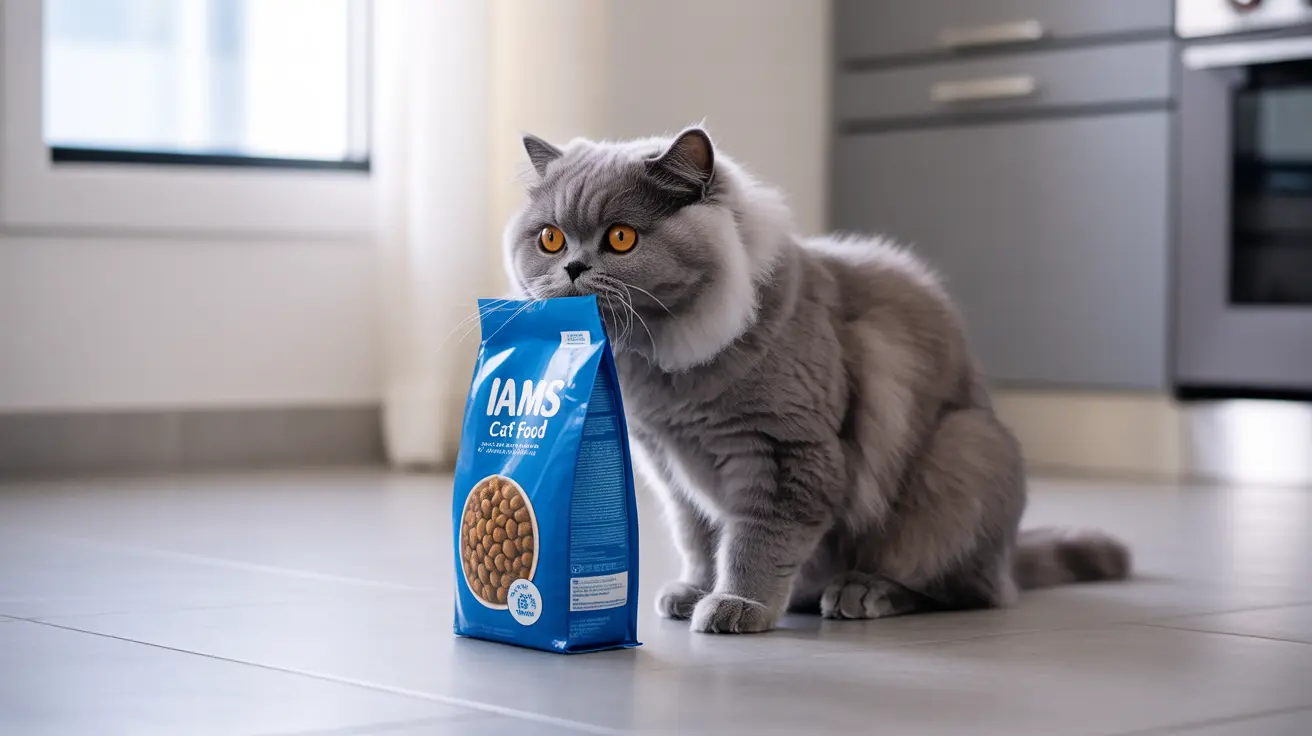As a pet parent, staying informed about pet food safety is crucial. The history of Iams cat food recalls provides important insights into product safety and quality control measures. This comprehensive guide examines Iams' recall history, what it means for cat owners, and how to ensure your pet's safety.
Understanding Iams Cat Food Recalls: A Historical Overview
Iams, a well-established pet food brand, has experienced several significant recalls over the years. The most recent recall occurred in 2013, and since then, the brand has maintained a clean record. However, understanding the historical context of these recalls helps pet owners make informed decisions about their cats' nutrition.
Major Recall Events and Their Causes
The most notable Iams cat food recalls include:
- 2013: Dry cat food recalled due to potential Salmonella contamination
- 2010: Multiple recalls including:
- Canned cat and kitten foods for insufficient thiamine levels
- Dry cat products for potential Salmonella contamination
- Veterinary Formulas Feline Renal diet for Salmonella risk
- 2007: Involvement in the melamine contamination crisis
Impact on Pet Health and Safety Measures
Each recall event led to enhanced safety protocols and quality control measures. The 2010 thiamine deficiency recall was particularly significant as it highlighted the importance of proper vitamin supplementation in cat food. Thiamine deficiency can cause serious neurological issues in cats, making proper formulation crucial.
Current Quality Control Standards
Since the 2013 recall, Iams has implemented stricter quality control measures, including:
- Enhanced ingredient testing protocols
- Improved supply chain monitoring
- Regular safety audits of manufacturing facilities
- Updated product formulation procedures
What Pet Parents Should Know About Food Safety
While Iams hasn't had any recalls in over a decade, pet owners should remain vigilant about food safety. Understanding proper storage, handling, and monitoring of pet food is essential for preventing foodborne illness.
Monitoring Your Cat's Health
Watch for these signs that might indicate food-related issues:
- Changes in appetite or eating habits
- Gastrointestinal upset
- Unusual lethargy or behavior changes
- Coat quality changes
- Weight fluctuations
Frequently Asked Questions
What Iams cat food products have been recalled for Salmonella contamination?
Several Iams products were recalled for potential Salmonella contamination, including dry cat food in 2013 and specific lots of ProActive Health Indoor Weight & Hairball Care in 2010. The Veterinary Formulas Feline Renal diet was also recalled in 2010 after FDA testing.
How can I check if my Iams cat food is part of a recall?
Check the lot code and UPC number on your product against the FDA's recall database or Iams' website. You can also sign up for FDA pet food recall alerts or contact Iams' customer service directly with your product information.
What symptoms should I watch for if my cat has eaten recalled Iams food?
Monitor for signs of illness including vomiting, diarrhea, decreased appetite, fever, and lethargy. For products recalled due to thiamine deficiency, watch for neurological symptoms like seizures, head tilt, or circling. Contact your veterinarian immediately if you notice any concerning symptoms.
How should I safely handle and dispose of recalled Iams cat food?
Seal recalled products in a secure container before disposing to prevent consumption by animals or contamination of other surfaces. Wash your hands thoroughly after handling, and clean all food bowls, storage containers, and feeding areas with hot, soapy water.
Has Iams had any recent cat food recalls besides the 2013 Salmonella incident?
No, Iams has not had any cat food recalls since the 2013 Salmonella-related incident. This represents over a decade without recalls, suggesting improved quality control measures have been effective.
Conclusion
While Iams' recall history raises important considerations, the brand's decade-long recall-free period demonstrates improved safety measures. Stay informed about pet food safety, monitor your cat's health, and maintain proper food handling practices to ensure your pet's wellbeing.






